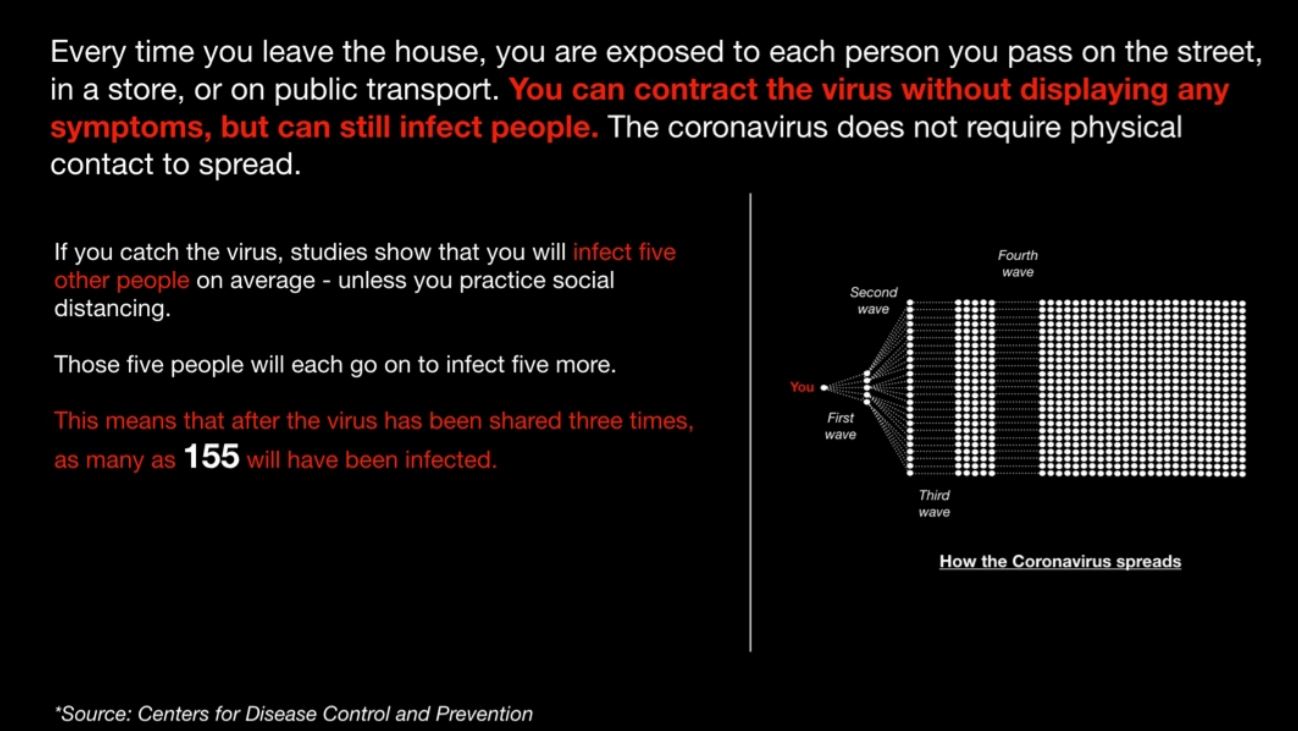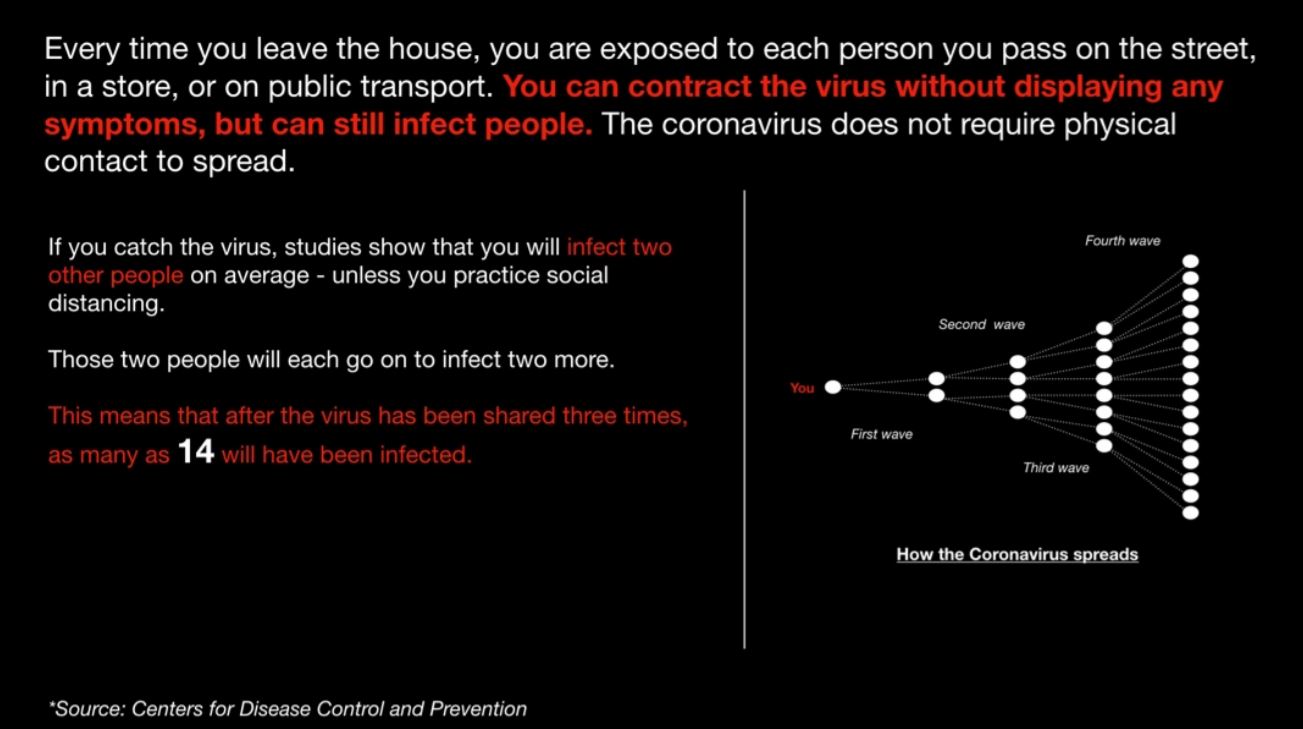New paper: Fatalism and COVID-19
I appreciate this isn’t what the three regular readers of this site have come to expect, but I am going to briefly halt the flow of half-thought-out musings to direct your attention to some of my academic work, and one new paper in particular. The study is on the effect people’s beliefs about COVID-19 have on their behaviour, and it comes up with a few cool outcomes.
The starting point is that people think COVID-19 is way more infectious than it actually is. The mean participant in our project thought that a person with the virus will go on to infect 28 others on average. The actual figure, even at the ends of confidence intervals, seems to be between one and six.
Showing how beliefs affect behaviour can be really tricky, but because of the design of the project we were able to artificially create variation in people’s beliefs about infectiousness of the disease. We designed information treatments exploiting variation in expert estimates about the infectiousness of COVID-19, seen below, showing people upper-bound or lower-bound estimates of infectiousness.


We were able to show that this information did change beliefs, and that in turn beliefs generate changes in intended behaviour.
What we found shows that exaggerated beliefs really matter: when people thought COVID-19 was massively infectious, they were less likely to comply with social distancing measures. We call this the ‘fatalism’ effect, and it actually makes quite a bit of sense. If the disease is infectious enough, then social distancing won’t keep it at bay. And if you’re going to get it anyway, then there’s not much point in going through all the inconvenience and pain of locking yourself away for weeks on end. There’s a good bit of circumstantial evidence supporting this interpretation, perhaps the strongest of which is the fact that higher perceived infectiousness led people to be less optimistic about their future prospects.
The good news is that people responded to our treatments by updating their beliefs to be closer to the expert estimates. Giving people good information that causes them to revise exaggerated beliefs downwards is an effective way to encourage social distancing and other desirable behaviours. A very conservative (and very back-of-the-envelope) calculation shows that the benefit to revising down beliefs could be worth roughly $2.7 billion in reduced mortality loss in the US alone, simply through encouraging people to wash their hands more frequently.
The full paper goes into significantly more detail on what we found and how we found it, and can be read here. Perhaps most importantly, I’d like to thank my co-authors for all their work on this. Jesper in particular put in a magnificent late night shift to get it over the line for submission, and any praise for the article should be expressed in willingness to shout him a round if you run into him in London. Any blame for the paper should be directed at me, on the basis of the bountiful evidence of this website.